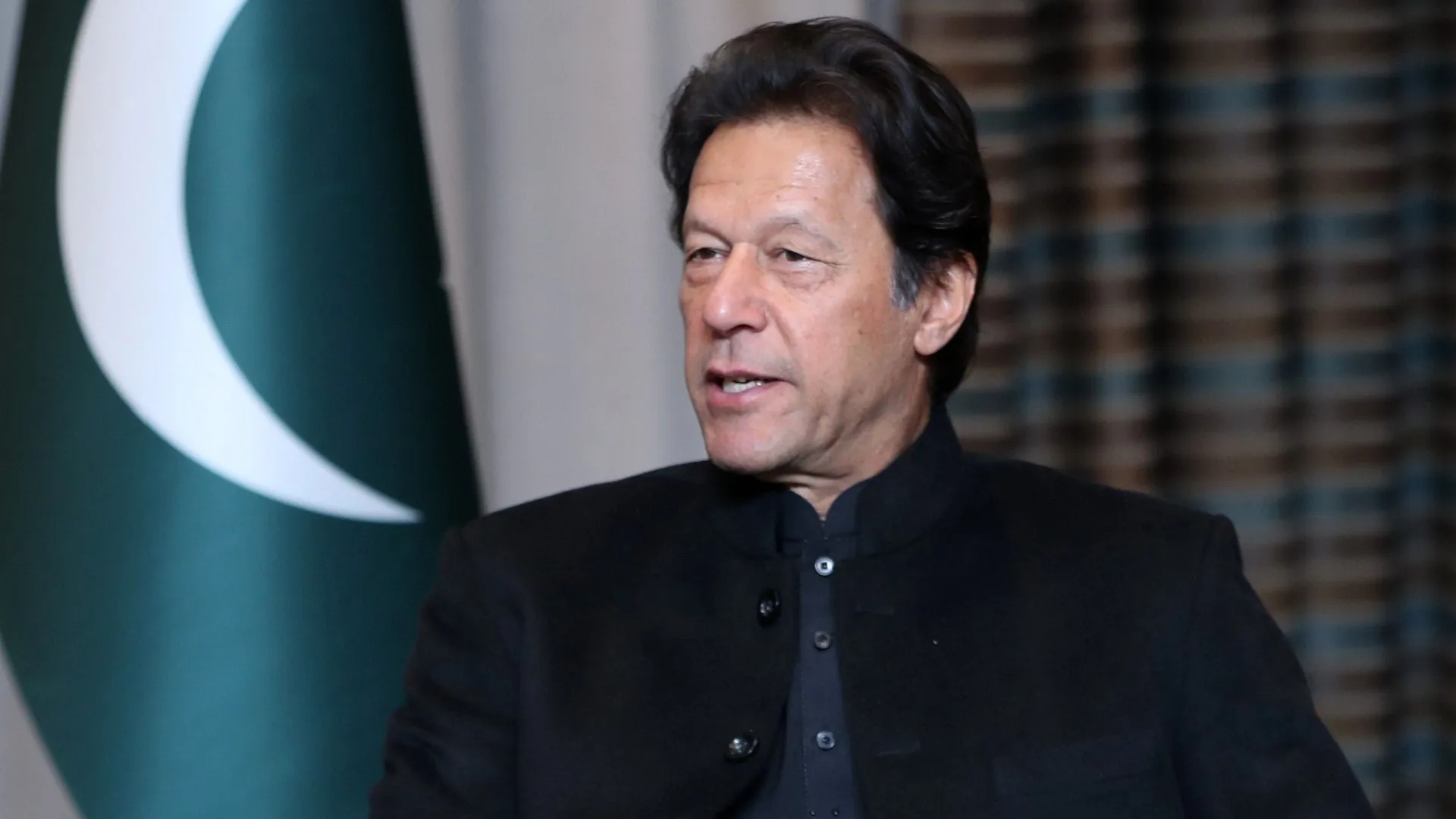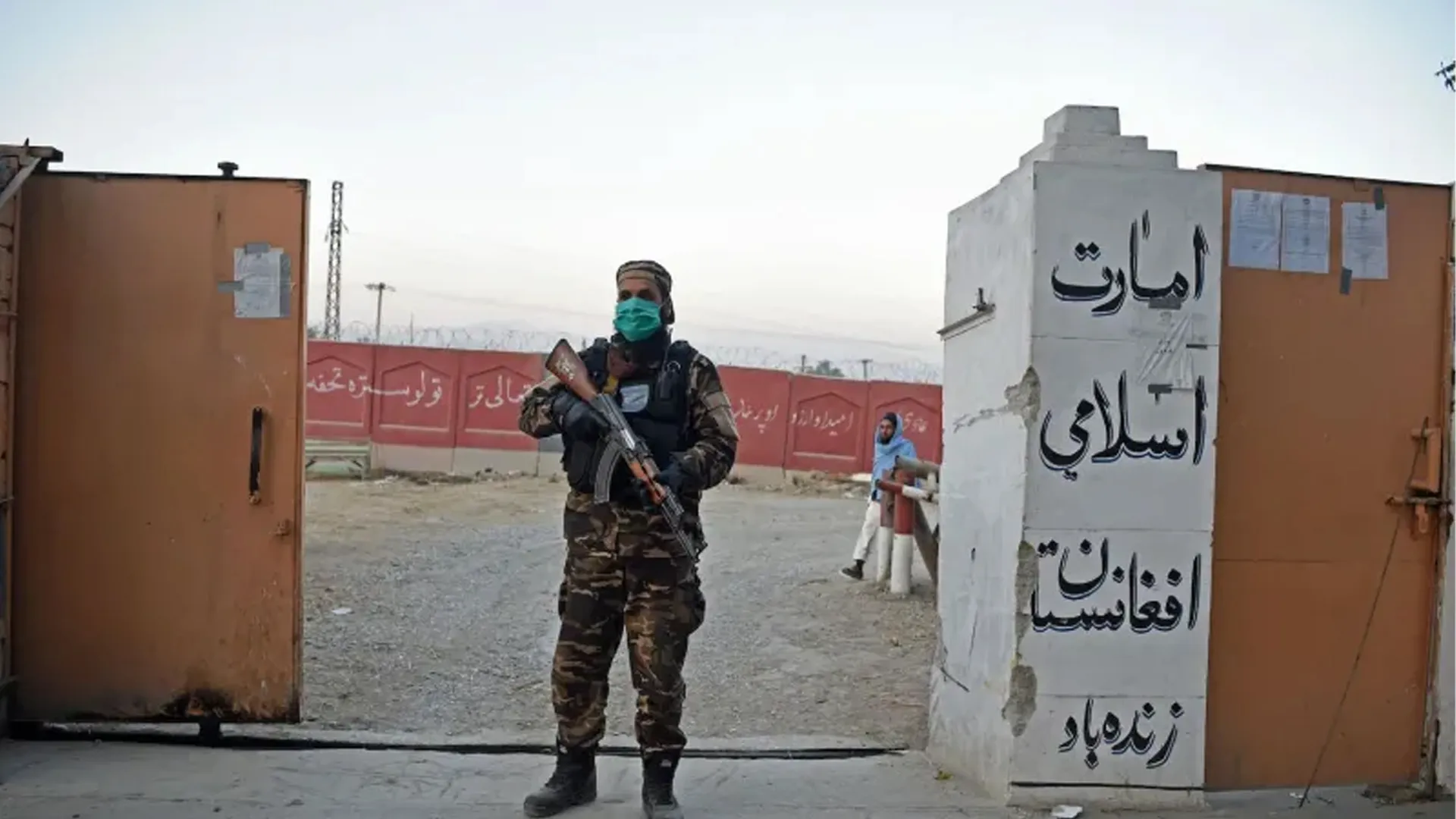Even while tightening the austerity measures in all federal institutions, Pakistan’s finance ministry has quietly removed the annual earnings limit for civil servants who attend corporate board meetings so that they can receive unlimited fees.
In a notice released on Monday (July 7), the finance ministry cancelled a 2014 directive that had imposed a Rs 1 million annual cap on such income. The policy, introduced by then-finance minister Ishaq Dar, obliged bureaucrats to put any income exceeding the limit into the national exchequer.
The new directive, issued on June 12 and signed by the previous federal cabinet, declared the ban remains “withdrawn ab-initio”, basically making the old regulation null and void as if it never were. This retroactively legitimizes board-related profits for the ongoing fiscal year, writes Dawn.
Austerity Everywhere Else, Exemptions at the Top
While lifting caps on senior bureaucrats’ salaries, the government also rolled out austerity measures to all attached departments, state-owned enterprises (SOEs), statutory bodies, and regulatory authorities.
Another notification directed SOEs to consider these restrictions binding and cited Section 35 of the SOEs (Governance and Operations) Act 2023. Statutory bodies were also ordered to adhere according to respective laws.
The austerity measures include:
-
A ban on the purchase of new vehicles
-
A freeze on the creation of new government posts
-
A stop to medical treatments abroad at public expense
-
A halt to non-essential, government-funded foreign visits
Pension Relief in the Midst of Cuts
In a step that can alleviate some of the fiscal burden on pensioners, the ministry sanctioned an increase of 7% in net pensions for civil pensioners. The increase applies to civilians remunerated from defence estimates and retired servicemen and men from the armed forces and civil armed forces.
Critics Slam Contradiction
Policy experts have pointed out the decision to raise the board fee cap as contradictory to Pakistan‘s critical financial situation and constant appeals for international economic aid. Critics say that the policy raises a double standard—calling for sacrifice from the majority of institutions while sanctioning unlimited perks for top officials.























